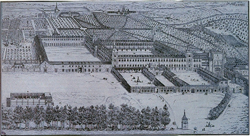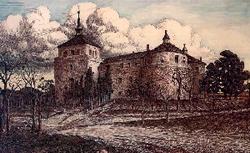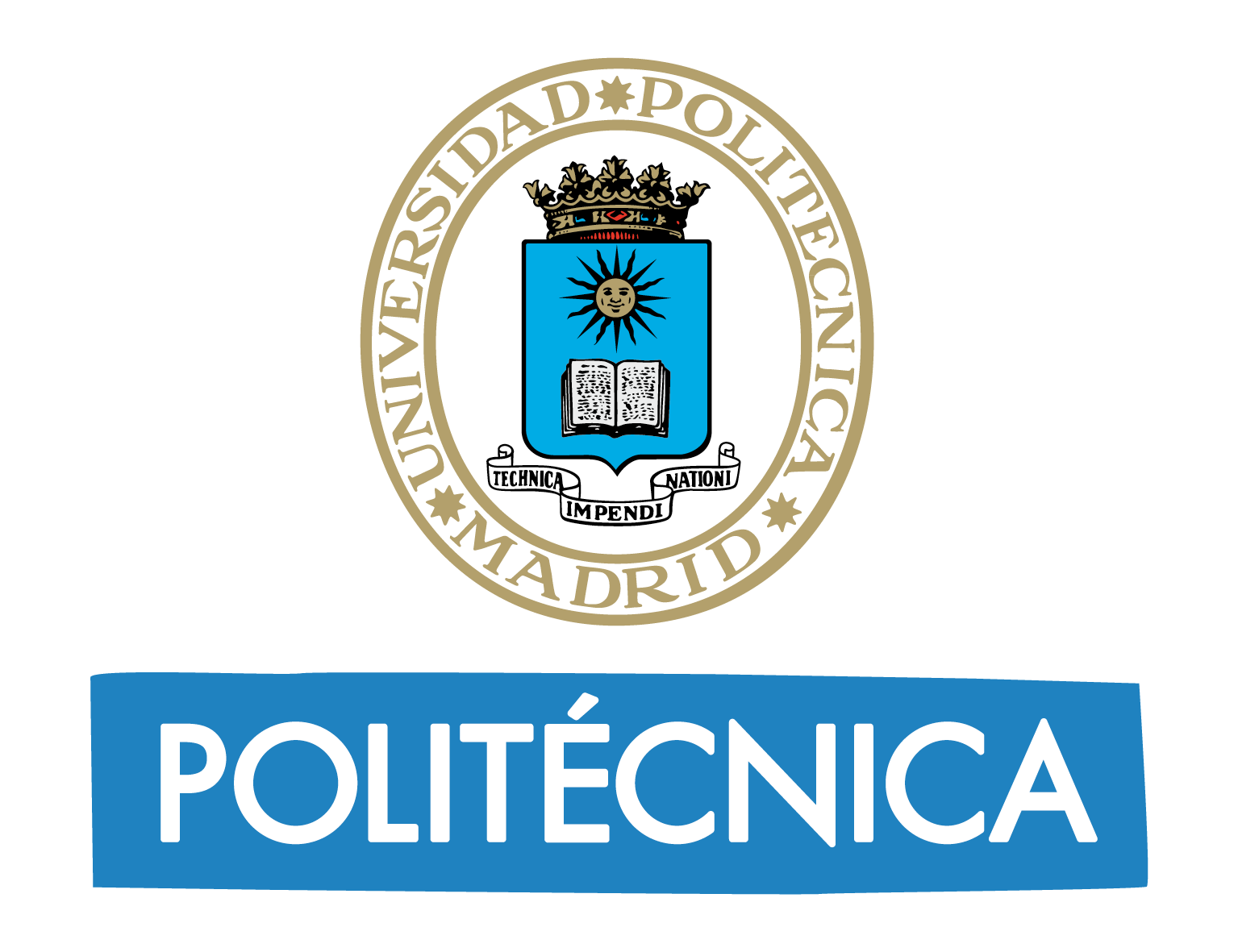Historical Summary
The Technical University of Madrid (UPM) was founded in 1971 through the integration of the Higher Technical Schools which up until then made up the Higher Technical Institutes. The University Schools joined the following year.
However, the origin of the institution dates back much further. Teaching in the majority of the Centres was established during the reign of Carlos the Third in the eighteenth century. During these years the Schools were practically the only ones in our country linked to the teaching of Architecture and Engineering.
 For this reason it is no exaggeration to state that a large part of the history of Spanish technology has been written by the Schools of Engineering and Architecture.
For this reason it is no exaggeration to state that a large part of the history of Spanish technology has been written by the Schools of Engineering and Architecture.
The first studies embarked on at the UPM on setting out on its path of specific teaching in civil areas were those of Architecture. In the case of Engineering, some of them such as the School of Naval Engineering took on their military character. The School of Mining Engineering was the first to be of a civil mature since its inception.
The School of Civil Engineering was founded at the beginning of the nineteenth century (1802). Product of the initiative of Agustín de Bethencourt, it eloquently demonstrated the restless and investigative spirit of illustrious Spaniards. The Schools of Forestry Engineering and Agricultural Engineering also had their origin in this century. These Schools, together with the School of Civil Engineering, are now situated in the heart of the Ciudad Universitaria in Madrid. This period also saw the founding of the School of Industrial Engineering located next to the Paseo de la Castellana.
More recently, at the beginning of the twentieth century, saw the birth of three more Higher Schools: The Technical High School of Telecommunications Engineering, The Technical High School of Aeronautical Engineering (both located in the Ciudad Universitaria), and the current Technical High School of Topography, Geodesy and Cartography Engineering, located in the el Campus Sur. In addition to these are The Faculty of Physical Activity and Sports Sciences-INEF, in the Ciudad Universitaria, and The Faculty of Computer Sciences in the Montegancedo campus.
 As regards the University Schools of Technical Engineering, in the majority of cases, they came about at around the same time as the Higher Schools as teaching centres for the training of assistants and technical engineers, names which have been slowly disappearing since the current designations and qualifications came into being.
As regards the University Schools of Technical Engineering, in the majority of cases, they came about at around the same time as the Higher Schools as teaching centres for the training of assistants and technical engineers, names which have been slowly disappearing since the current designations and qualifications came into being.
The Schools of Technical Forestry, Agriculture, Aeronautics and Technical Architectural Engineering can be found in the Ciudad Universitaria. The Schools of Public Works and Technical Industrial Engineering are in the centre of Madrid. The University Schools of Telecommunications and Computer Sciences are in Campus Sur. The Higher Centre of Design and Fashion, attached to the UPM, is also located in the same Campus. The UPM has also had the Institute of Educational Sciences since 1972.
 As set out in its statures, the Technical University of Madrid has, among its objectives, the creation, development, transmission and criticism of science, technology, and culture. To this end it also works from its Institutes and Research Centres, assimilating the changes taking place in out society and maintaining its vocation for excellence, which is why it has both national and international recognition.
As set out in its statures, the Technical University of Madrid has, among its objectives, the creation, development, transmission and criticism of science, technology, and culture. To this end it also works from its Institutes and Research Centres, assimilating the changes taking place in out society and maintaining its vocation for excellence, which is why it has both national and international recognition.
The Technical University of Madrid holds double recognition as a Campus of International Excellence, a distinction that refers to the quality of its research and teaching activity.


